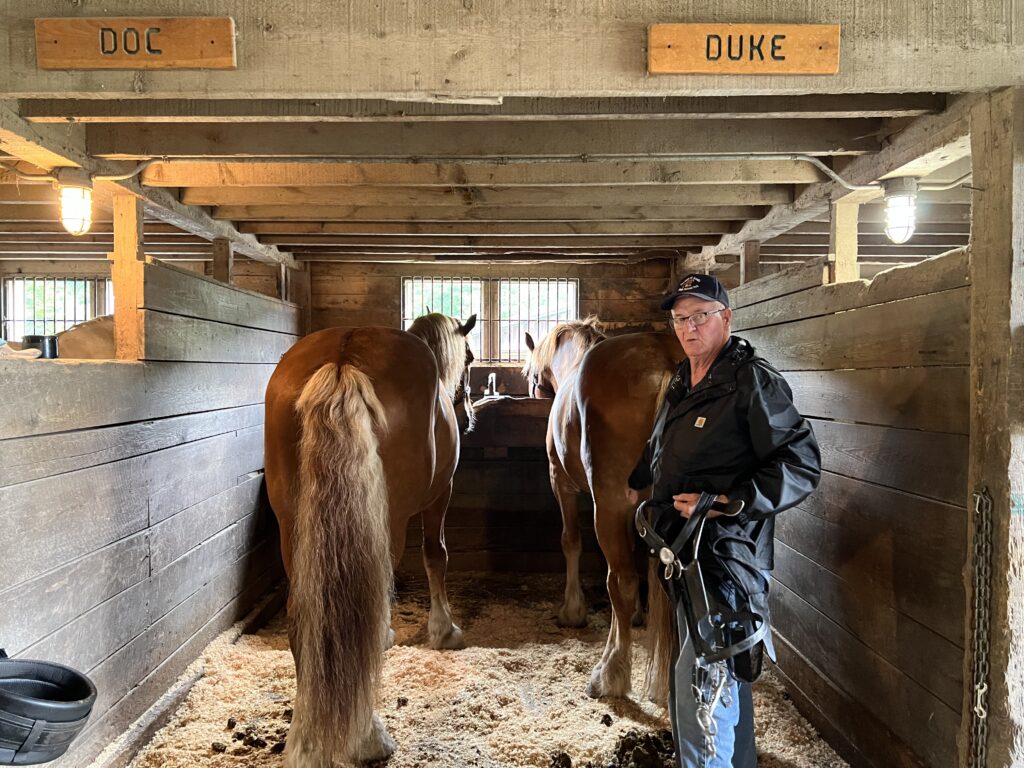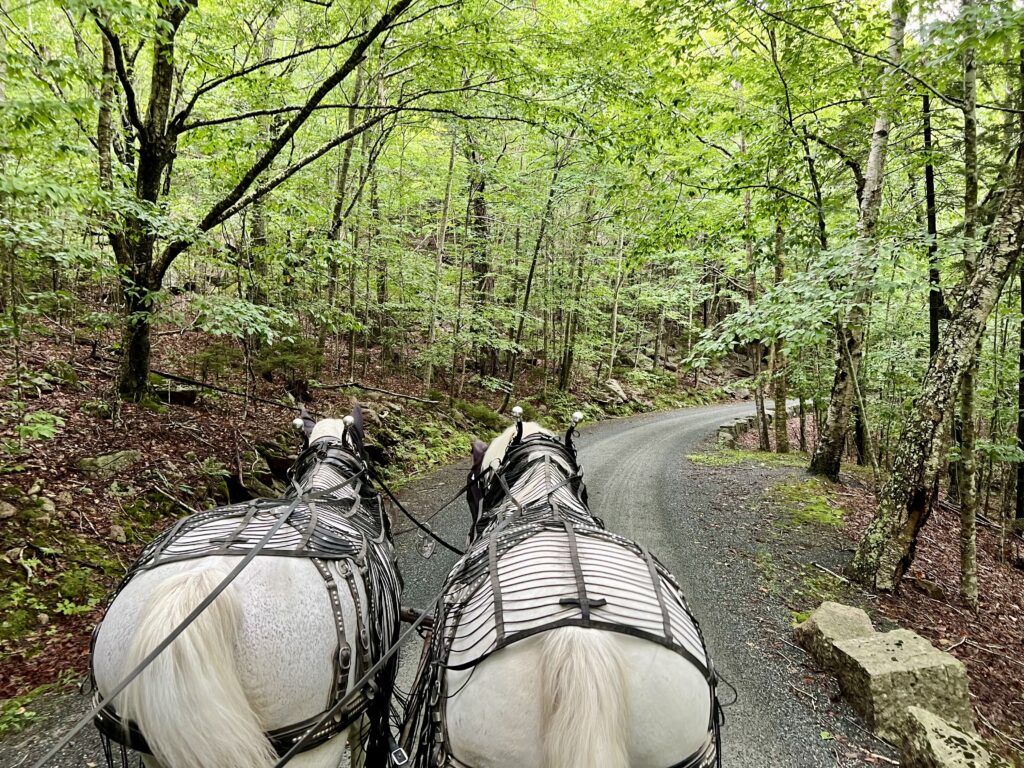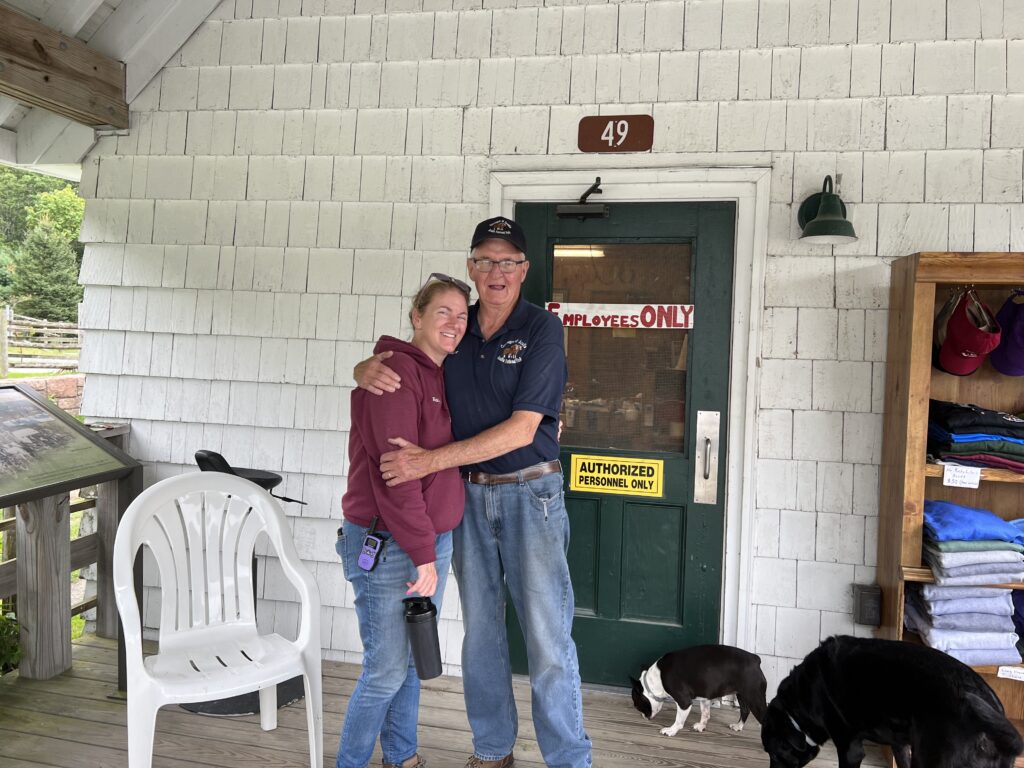The National Park Service celebrated its birthday on August 25th. This marks 107 years since President Woodrow Wilson signed the Organic Act of 1916, which created the National Park Service (NPS). As stated in the act, the agency’s mission was to “preserve unimpaired the natural and cultural resources and values of the National Park System for the enjoyment, education, and inspiration of this and future generations.”
In addition to preserving some of America’s most beautiful natural resources, the National Park Service has been an enormous driver of economic activity, often in rural areas of the United States.
One example is Acadia National Park, located on Mount Desert Island in rural Maine. According to an NPS report, Acadia had nearly 4 million visits in 2022, ranking it the fifth most visited among National Parks. Those visits generated an estimated $479M in spending while supporting almost 6,700 jobs. The largest beneficiaries of visitor spending were businesses in lodging and restaurants, respectively.
The National Park Service also provides opportunities for businesses to contract with them directly. Recently, I had the opportunity to visit one such small business contractor, Carriages of Acadia.
Carriages of Acadia is a family business, owned and operated by Michael Carpenter and his daughter Emily. Mike, a Maine native, veteran, and former Maine attorney general, started the business in 2009, just as Emily was graduating from college. According to Mike, he convinced Emily to spend a summer in Acadia working the stables, and the rest is history.
Now, Emily is part owner and general manager, running the day-to-day operations at the Wildwood Stables, the park-owned property where Carriages of Acadia is based. The stables provide access to over 40 miles of Acadia’s renowned Carriage Roads, which were gifted to the National Park Service by philanthropist John D. Rockefeller, Jr. and family. Mike is a lawyer by profession but divides his time between his practice and Acadia. Each summer, they hire around 15 people and altogether they provide tours to roughly 20,000 passengers annually. Additionally, they host private boarders at the stables – individuals who visit Acadia National Park with their own horses for riding.
For the Carpenters, horses are a part of their history. Mike developed a love of horses while growing up on his parents’ farm in Aroostook County, Maine’s northernmost county. His father was a farmer and farrier, and his family used large draft horses to pull machinery in their potato and grain farming operations. Likewise, he ensured Emily was raised around horses.
Carriages of Acadia has contracted with Acadia National Park since 2009, providing daily carriage tours from mid-May to late October. This year, the Carpenters brought 22 of their horses south to the Wildwood Stables. Rotating the 11 pairs of horses ensures they’re well rested and recovered.

To support his rural community, Mike makes every effort to purchase hay, feed, and other necessities from Aroostook County businesses. He estimates that Carriages of Acadia can contribute over $100,000 to the Aroostook County economy each year. After the season, the Carpenters and their horses return north for the winter.
Like many businesses, finding enough workforce has been a challenge. Affordable housing is scarce on this rural island community, especially during the heavily touristed summer months. Earlier this year, Advocacy met with several small businesses in the Maine hospitality and tourism industries to discuss the importance of using foreign guest workers to fill the severe workforce shortage by using the H-2B visa program. Based on broad small business feedback, Advocacy filed comments outlining concerns with US Citizenship and Immigration Service’s proposal to significantly increase fees for business visas.
On the day of my visit, our carriage was pulled by Charmer and Charlie, two large Percheron draft horses. As Mike explained, Percherons were originally bred in France but became staples in US agriculture. Despite the overcast weather, we were treated to scenic vistas, ocean views, and crossed one of Acadia’s iconic stone bridges. Throughout the journey, Mike provided passengers with an engaging history of Acadia National Park.
Touring with the Carpenters was a great opportunity to meet with a family-owned business and witness the impact Acadia National Park has on this local economy.

Louis Luchini currently serves as the Regional Advocate for Region 1 covering Connecticut, Maine, Massachusetts, New Hampshire, Rhode Island, and Vermont. Please feel free to contact Louis at Louis.Luchini@sba.gov and our other regional advocates to share your small business’ regulatory burdens or concerns.

